Although VPNs are a great way to protect your information while browsing online, not every country allows their usage. Some nations have gone so far as to block VPNs while you’re within their borders. The punishment for using a VPN in these countries can range from a small fine, to losing your Internet access, or even jail time.
But what are the countries that currently ban the usage of VPNs? How do they detect you’re using one? Is there a way to get around blocks?
Bottom of Form
Why Do Countries Block VPNs?
The reason why countries block VPNs can vary pretty greatly between nations, but here are a few common ones.
Censorship
The most common reason why governments block VPNs is to censor media and information. Virtue censorship is common in predominantly Islamic countries where the slightest amount of sex or profanity is considered a sin. These governments don’t want their citizens using a VPN to view pornography or certain TV shows and movies.
Information Control
Controlling the information citizens can see is a direct method of exerting influence over the way they think and feel.
Totalitarian regimes throughout history had a very tight grip on what information made it through their borders. There would be checkpoints on roads and train routes to check for dissenting books, flyers, pamphlets, and even people. Today, information can travel literally anywhere in the world at the speed of light. Controlling the narrative is infinitely more difficult than it was in the pre-Internet era.
VPNs are a scary tool to totalitarian governments, because they allow citizens to retake control of their digital privacy. To regimes that rely on the ignorance of its people in order to maintain leadership, knowledge is dangerous.
To Stifle Dissent
Finally, the most oppressive reason of all: the suppression of information that might lead citizens to rise up against their government and take back the free Internet they deserve.
After the Arab Spring was triggered by Twitter users, many countries learned how effective the Internet is at uniting people. However, rather than retracting regressive policies, many governments doubled down on their oppressiveness. Thus began the process of blocking access to major social media networks such as Twitter, Facebook, and even Google.
Unfortunately, this strategy has been somewhat successful, creating an Internet that is both heavily monitored and regulated.
How Do Countries Block VPNs?
Now that we’ve established the “why”, it’s time to dive into the “how”. If a VPN encrypts connections, how does a government even know someone is using one?
Methods will vary depending on both the country and the type of VPN protection, but here a few common approaches.
Port blocking
The most common method of preventing the usage of VPNs is by port blocking. Many VPNs rely on similar ports for their encryption protocols, such as LT2P and PPTP. If an ISP detects traffic traveling over those ports, it can simply deny access to the rest of the Internet.
Port blocking is generally the least effective method of VPN blocking. Newer encryption protocols like OpenVPN and IKEv2 randomize the ports they connect through, essentially making them impossible to detect. This is where the next, much more effective, method of detection comes in.
Deep packet inspection (DPI)
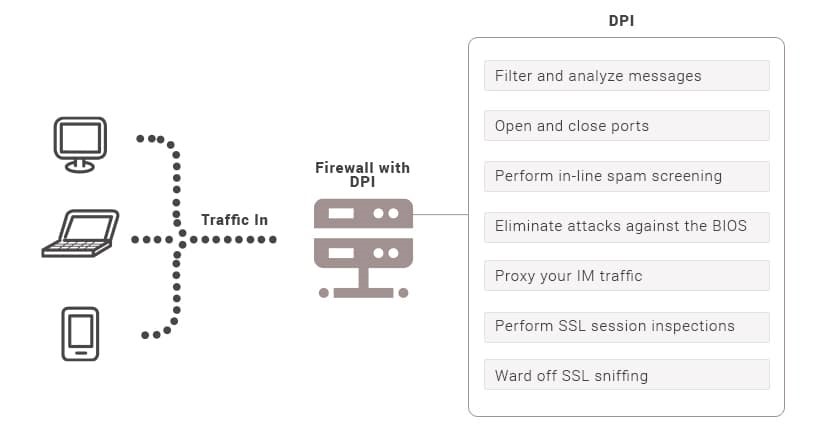
Deep packet inspection (DPI) works by stripping the application layer of a data packet and examining the content of that data as it moves from a user’s computer, through the network, and out to the rest of the world via the ISP’s server network.
DPI can quickly identify the contents of a VPN-protected data stream based on a number of preset indicators. For years DPI was too complicated for ISPs to run it without devoting significant amounts of network resources to the process. However, recent advancements have made it much faster and cost-effective for ISPs to run a DPI system without bogging down their customers.
Which Countries Block VPNs?
Now that we understand the why and the how of the situation, which countries are actually banning VPNs around the world?
Full Bans
China
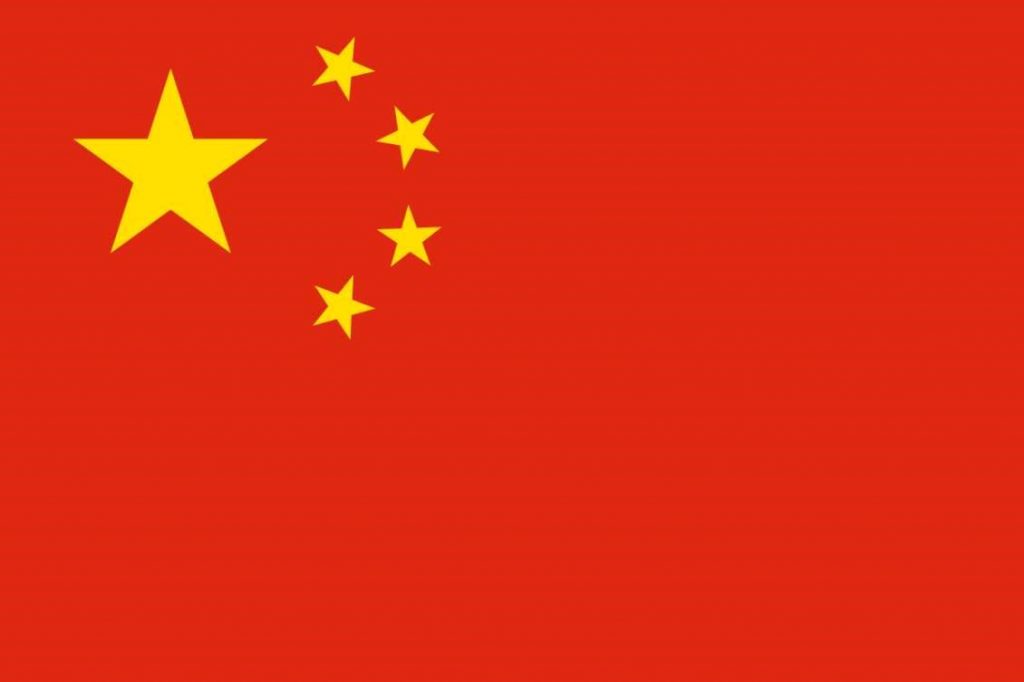
The OG of blocking VPNs, China was one of the first countries to recognize the influence that the free Internet could have on its citizens. Moves were quickly made to censor any information that the central government disagreed with.
The first implementation was the now-infamous “Great Firewall of China”, which blocks access to media not approved by the state. Banning VPNs via the Great Firewall began back in 2012, but creative routing techniques allowed many providers to stay active.
Unfortunately, in March of 2019 a new system was rolled out that is much more effective at detecting VPN traffic. The government also issued a blanket law prohibiting the usage or operation of VPN services within Chinese borders.
Russia

Russia is another country that has jumped on the “banned”wagon in recent years. The government views VPNs as a tool that only dissidents use to spread information that the state might disagree with. As of November 2019, no one in Russia is able to use or provide access to a VPN.
However, as of July 2019 Russia has still not released any details on how they intend to enforce the ban. Additionally, no one using a VPN in the country has said they’ve lost access just yet. We imagine this means the state is still determining the best path forward for implementing a full ban. At any moment, a switch could be flipped that bans the usage of VPNs in Russia.
United Arab Emirates
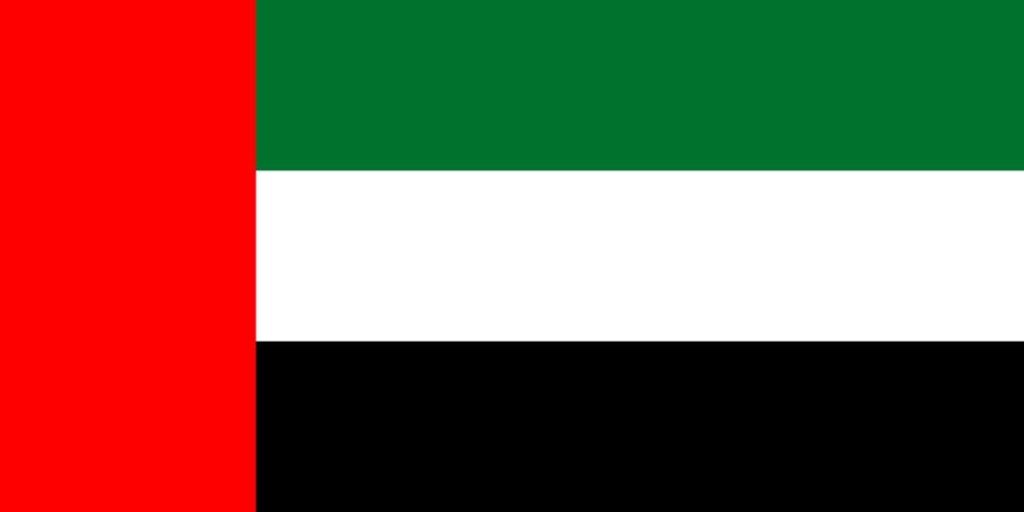
The UAE is only country on this list that will actually put VPN users in jail. A fine up to $400,000 can also be incurred for using a VPN in the UAE.
Iran
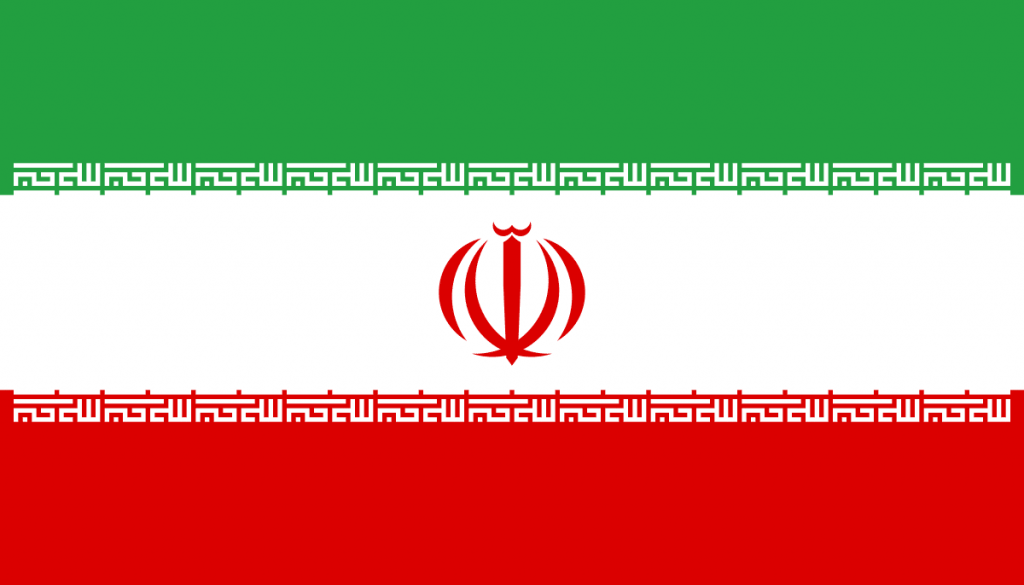
Iran followed China’s lead when they banned the usage of VPNs not approved by the government in 2013. The list of Iran-approved VPNs is very small, and all of them still block access to Facebook, Twitter, and YouTube. Social media sites are viewed by the government as tools that could lead to another Arab Spring.
Iraq

Iraq is one of the few countries on this list that we would say (almost) has justification for banning VPNs. The justification being that ISIS regularly employs social media to spread their message of hate and recruit new members.
As a result, the Iraqi administration has placed heavy restrictions on Internet usage throughout the country. They have also banned the usage of VPNs outright in an effort to stifle pro-ISIS propaganda.
North Korea
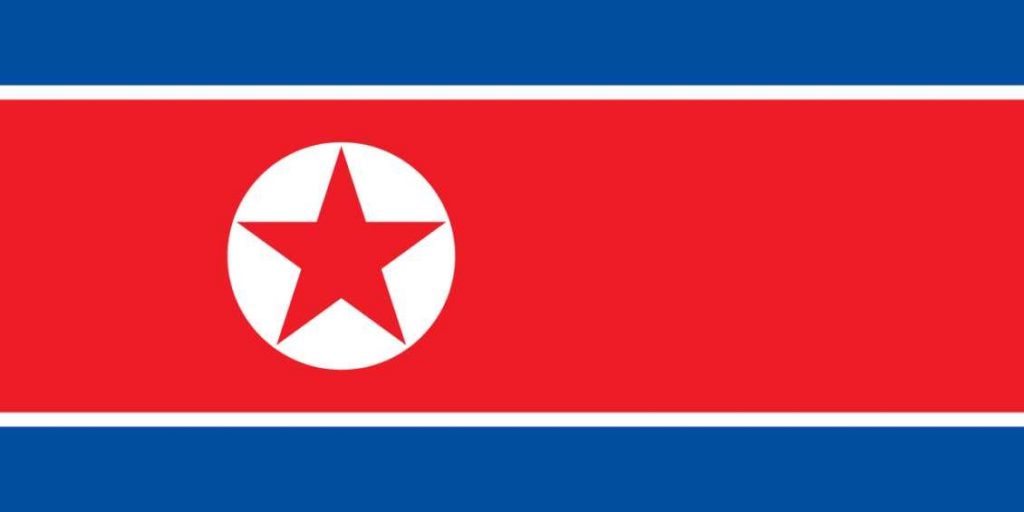
This shouldn’t come as a surprise to anyone. North Korea’s totalitarian government does everything it can to restrict and censor the data that crosses their borders.
The most effective method for North Korean citizens to access information from the outside world is to have small USB drives smuggled through the physical borders. Needless to say, the possibility of using a VPN in the country is still quite a way away.
Oman

Oman doesn’t explicitly say it’s illegal to use VPNs, but many popular providers are blocked in the country. The government is very intent on maintaining control of the information that their citizens can or can’t access.
Turkey
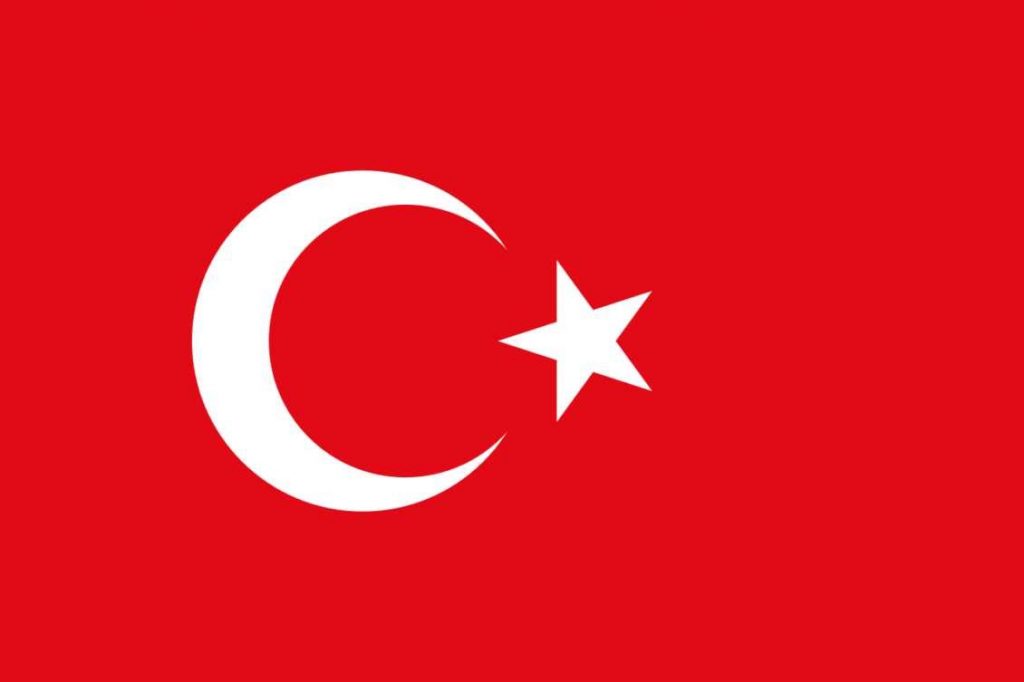
Turkey is another country that actively censors the Internet usage of their population. The government views free flowing information as a threat on their supposedly democratic system of voting.
Turkmenistan
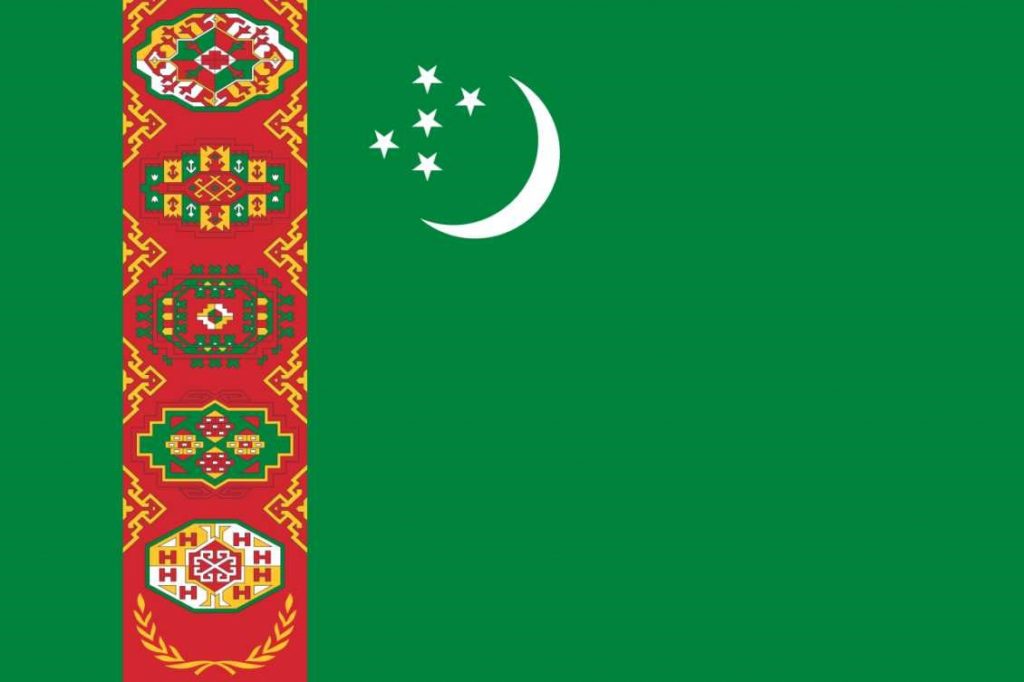
Turkmenistan is another country that censors information to maintain control. That said there are no laws explicitly banning the usage of VPNs. Many still work if you know the right providers to go with.
Belarus
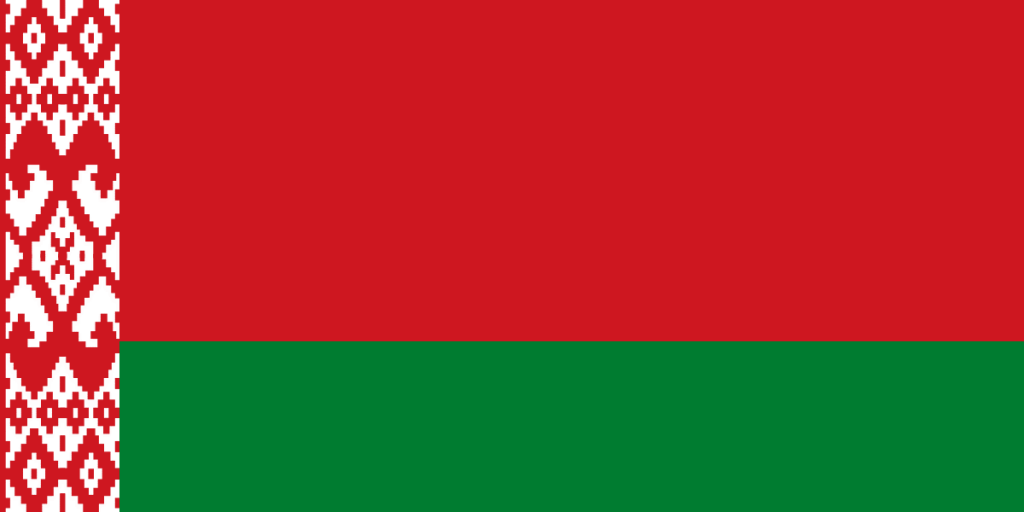
Closely intertwined with the Russian government, Belarus believes that censoring the Internet and restricting the usage of privacy tools is their best way to fight online crime
Wrap Up
This list covers only a small number of countries that make an effort to censor access the Internet. VPNs are just one of the many tools that digital rights activists have at their disposal to try and get their fellow citizens to see their own governments and their activities in the light of day, and are constantly battling to make sure that information flows freely to anyone who wants to access it.
VPNs are one of the best and most effective tools that anyone concerned about internet censorship has at their disposal to fight back against the will of their oppressors. This is why those governments fear them, and it’s why we here at VPN.com will never stop doing everything we can to guarantee that everyone, regardless of race, religion, or nationality, has access to VPN services well into the future. To steal a quote from our own Washington Post here in the US: “Democracy dies in the dark”, which is why it’s vital that the fight for internet freedom continues every day, unabated by the ancient wills of dying totalitarian rulers and governments.

